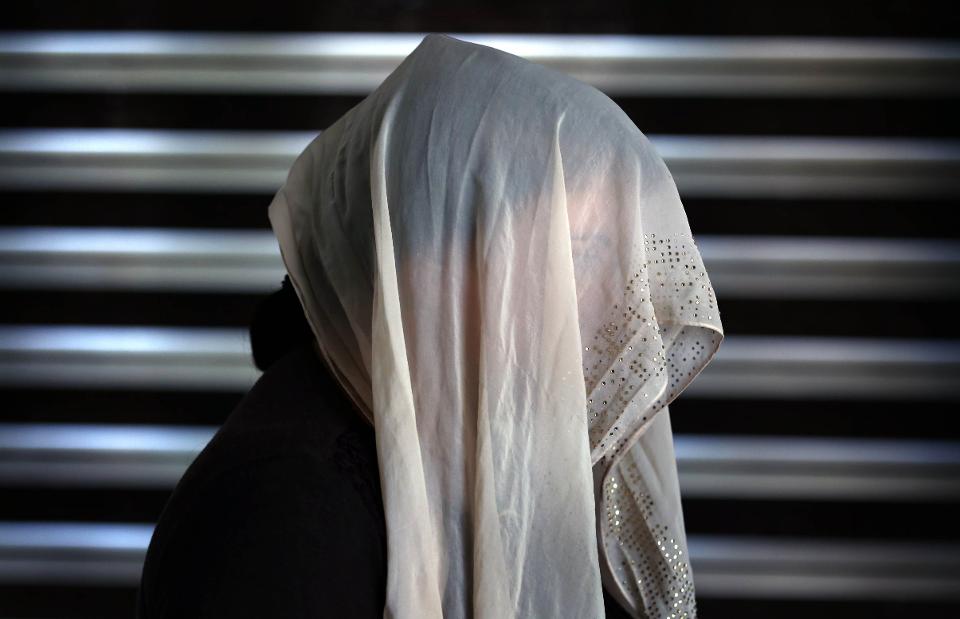The Neglected Cases of Sexual Abuse of Women and Girls
By Ewelina U. Ochab
Rebecca, a 28-year-old Nigerian Christian woman, was kept enslaved for two years and raped by Boko Haram members, one of the most violent terror groups operating in northern Nigeria. Sister Meena, a 40-year-old Indian Christian nun was raped by several violent extremists in India who then forced her to walk home naked. Dalal, a 21-year-old Yazidi woman was only 17 when she was enslaved and sexually abused by nine different Daesh fighters, members of an international terror group that constituted one of the worst threat to international peace and security in recent years. The atrocities perpetrated against these three brave women are the tip of the iceberg. Similar crimes are regularly perpetrated as a result of the fact that women's religious identity or association with particular religious groups. These crimes are both targeted at gender and religion. For example, Boko Haram chooses its targets for a variety of reasons, including on the basis of their religion but also, for tactical reasons, to gain control of land. However, they frequently target schools, especially those which are attended by girls and women. Once abducted, these girls and women are subjected to gender-based violence, including rape and sexual abuse, but also forced marriage and associated forced conversion. Atrocities committed by Daesh against religious minorities in Syria and Iraq are recognised by several parliaments, governments and international institutions, to constitute genocide. Daesh targeted those religious groups to eliminate their presence in the region and to establish a purely Islamic state. Women and girls belonging to religious minorities who ended up in the hands of Daesh faced a gruesome fate. Many were enslaved for years, subjected to rape and suffered horrendous sexual abuse. In the case of the Daesh atrocities, it is very clear that the rape, sexual abuse and even forced marriage were employed as methods of religious persecution, and ultimately as methods of bringing about the genocidal campaign against religious minorities in the region. It was clearly explained in the International Criminal Tribunal for Rwanda case of Prosecutor v Akayesu: In patriarchal societies, where membership of a group is determined by the identity of the father, an example of a measure intended to prevent births within a group is the case where, during rape, a woman of the said group is deliberately impregnated by a man of another group, with the intent to have her give birth to a child who will consequently not belong to its motherís group Ö rape can be a measure intended to prevent births when the person raped refuses subsequently to procreate, in the same way, that members of a group can be led, through threats of trauma, not to procreate. This is why the use of sexual harassment and assault as a method of religious persecution requires urgent attention. Women and girls, around the world, deserve better. Sexual harassment and assault, in all its forms, need to be combated. Whether perpetrated as a gendered crime or a crime of religious character, or both, it affects all women, one way or another.
|
.
Any original material on these pages is copyright © BishopAccountability.org 2004. Reproduce freely with attribution.
